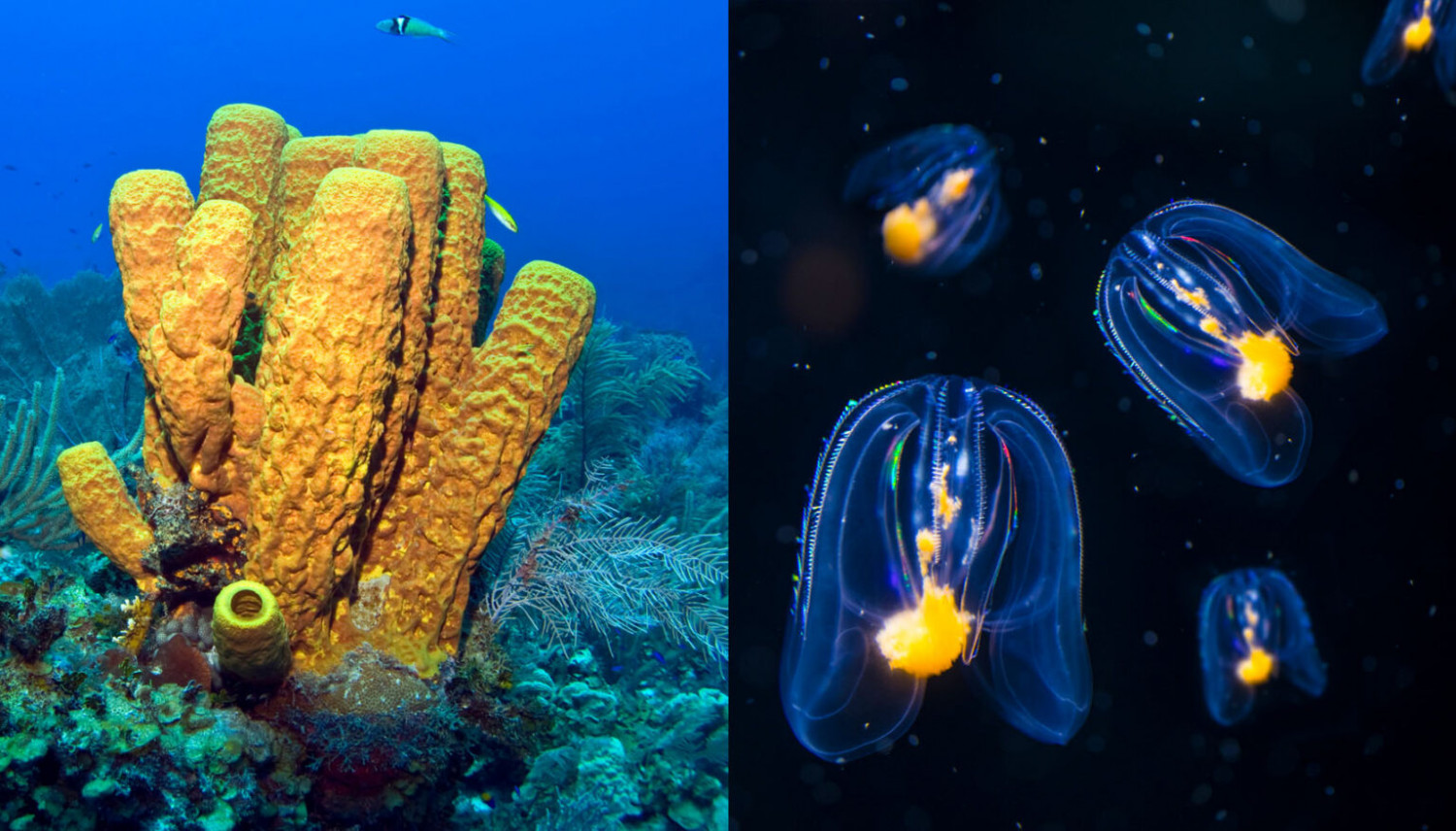Campus Science News
The following news items are from various campus, college and department sources.
|
|
|
|
|
An in-depth look at research by Professor Phil Messersmith, who draws on biology to develop cutting-edge materials for medicine. His lab creates adhesives and therapies designed to work with the human body, offering new ways to repair tissues, heal wounds and treat disease.
|
|
Professor Seung-Wuk Lee has pioneered a biomining technique that could be a clean and more sustainable way to mine the rare earth elements essential to modern technology. His lab genetically engineered a harmless virus to act like a “smart sponge” that grabs rare earth metals from water, and, with a gentle change in temperature and…
|
|
Professors Paul Adams, Adam Arkin, Patrick Hsu, and Jay Keasling have been recognized in the “2025 Highly Cited Researchers” list, meaning their work ranks in the top 1% of citations for their field and publication year in Clarivate’s Web of Science citation index
|
 Biologists believed that urchin reproduction along the Pacific Coast would only be affected by marine heat waves at lethal ocean temperatures, a new study conducted by IB Assistant Professor Daniel Okamoto and other marine biologists at UC Berkeley suggests that this threshold of susceptibility, for urchins and other marine species, may be at lower temperatures than previously thought. Read the full article here. |
 Learn about MCB's exciting research, new faculty, molecular medicine lab, department-wide retreat, alumni and more!
Learn about MCB's exciting research, new faculty, molecular medicine lab, department-wide retreat, alumni and more!  Learn about new research from the lab of Professor of Genetics, Genomics, Evolution, and Development
Learn about new research from the lab of Professor of Genetics, Genomics, Evolution, and Development